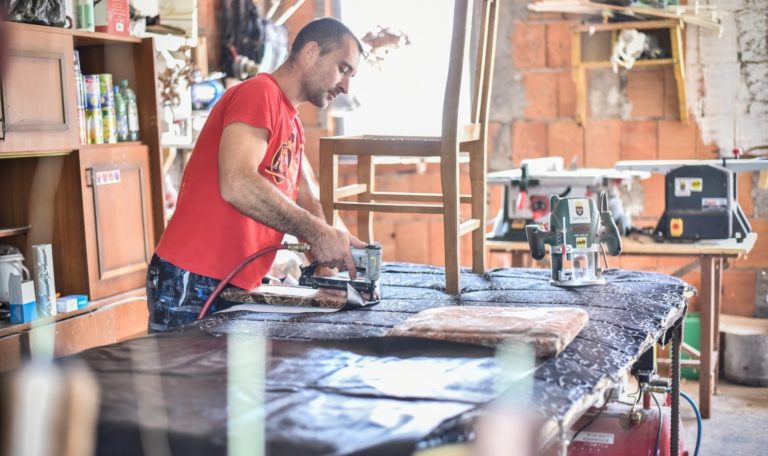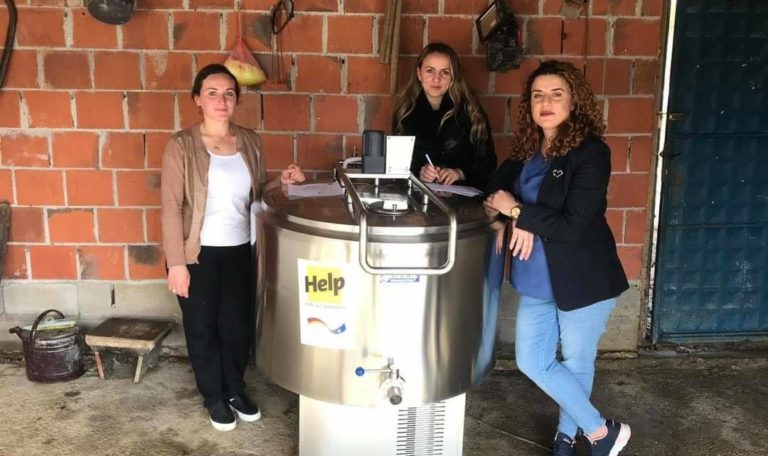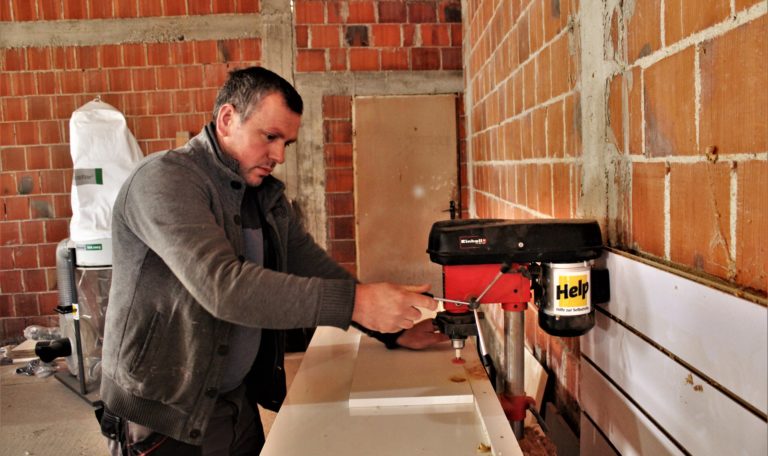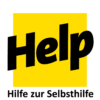Socio-economic empowerment of vulnerable groups in Albania
“Supporting the most vulnerable people to become self-reliance is a core principle of Help. In the Western Balkans we are supporting low-income families, women, youth, people with disabilities, prisoners, and former prisoners to improve their living conditions through their own means while strengthening the long-term resilience of their communities.”
Timo Stegelmann,
Help’s Joint Managing Director
Since the beginning of 2021 Help has been implementing the German‑supported “Socio-economic empowerment of the Western Balkans” project in five countries across the region. By the end of 2022 Help aims to enhance the socio-economic stability of the region through the economic empowerment of marginalised groups which will in turn enhance their social inclusion and economic prosperity.
The overall focus of this 3.35 million EUR regional project is job-creation. The project is supporting small businesses affected by COVID-19 and helping establish new start-up businesses. Socially vulnerable groups, including women, youth, people with disabilities, prisoners will be empowered economically through developing personal and professional skills.
“I am incredibly pleased that Help is supporting some of the most vulnerable families in Albania by strengthening the economic capacities of women and youth. Income generation activities have proven to have the best & most sustainable results in programmes which aim to improve the living conditions of vulnerable groups. The support of the German Government for Help’s programmes is crucial, and I would like to use this opportunity to express Help’s thankfulness for their support to Albania.
Ilir Liço,
Help in Albania Country Director
In Albania, the socio-economic empowerment project jointly aims to improve access to the labour market of unemployed youth and women in the city of Berat and to strength the economic recovery & sustainability of small businesses, farms and agribusinesses in Berat and the rural areas surrounding the city of Tirana. By enhancing professional skills of job seekers, Help aims to contribute to reducing the rate of youth & female unemployment and by increasing the incomes of small businesses, farms & agribusiness the project will address the socio-economic needs of poor families and contribute to reducing poverty.
On-the-training
Help is facilitating access to the labour market for 30 unemployed young people and women, through on-the-job training placements in local businesses. The placements will help them gain knowledge, qualifications, and skills attractive at the labour market. Unemployed persons will receive an amount of EUR 250 per month during the six-month on-the-job training to cover the costs during the training.
Vocational training
Help is supporting 30 unemployed youth and 10 agritourism businesses to improve their professional skills through accredited vocational training. The vocation training support is tailored to local labour market needs and will support the expansion of agritourism in the country.
Equipment grants & business support - Businesses in Berat
Help is facilitating the economic empowerment of 30 small businesses in the Municipality of Berat, through in-kind grants for equipment to the value of 2,000 EUR. The small businesses will receive tailored business training and advice to support them to grow their businesses.
Equipment grants & business support - Agrobusinesses and Farmers in Tirana
Help is facilitating the economic empowerment of 55 small farms and agribusinesses in the Municipality of Tirana through in-kind grants for equipment to the value of 2,000 EUR. The micro-farmers and agribusinesses will receive capacity building from experts enabling them to increase productivity on their farms or agribusiness and increase the income for their families.
Summary of key outcomes in the Western Balkans



By the end of 2022 Help will have supported at least 470 small businesses & at least 900 vulnerable people to increase their business and professional skills. Prisoners in 18 prisons will be receive skills training & acquire work experience in preparation for their reintegration into society. Fifteen initiatives will enhance quality of life in local communities, and a social platform will be fully operational at the regional level.
Bosnia and Herzegovina
- 100 unemployed people will receive business and professional skills training
- 150 small businesses will be supported with equipment grants, business advice & training
- Prisoners in two prisons will be supported through training & work experience
Kosovo
- 190 vulnerable people will receive business and professional skills training
- 160small businesses will be supported with equipment grants, business advice & training
- Prisoners in threeprisons will be trained & receive work experience
- Fourkindergartens will have new playgrounds
Montenegro
- 40 unemployed youth & women will participate in on-the-job & vocational training
- 20small businesses will be supported with in-kind equipment grants
- Prisoners in SpuzPrison will receive accredited professional qualifications & gain work experience
Serbia
- 400 vulnerable people will be trained in business and professional skills
- 80small businesses, with a focus of those run by women, people with disabilities and former prisoners, will be supported with in-kind equipment grants
- The resocialisation treatment programmes will be improved in 12 prisons

